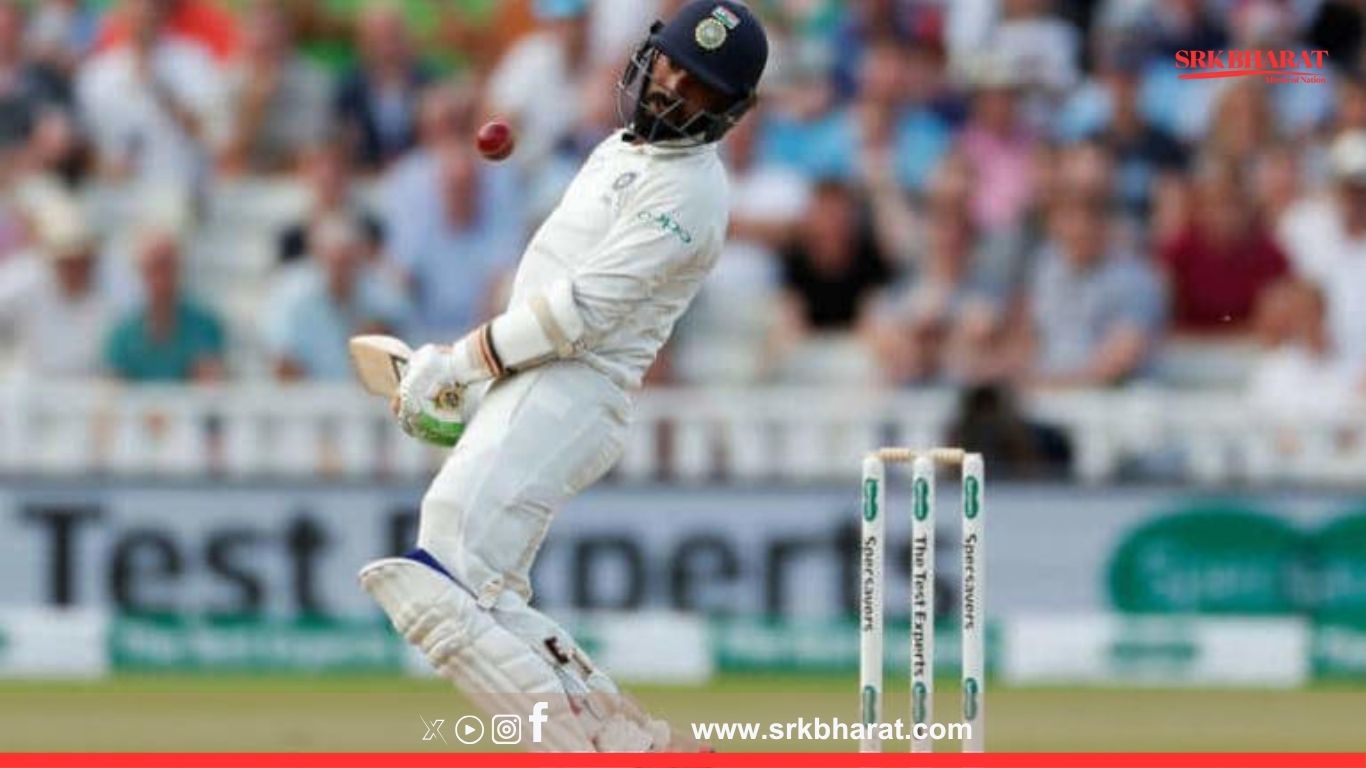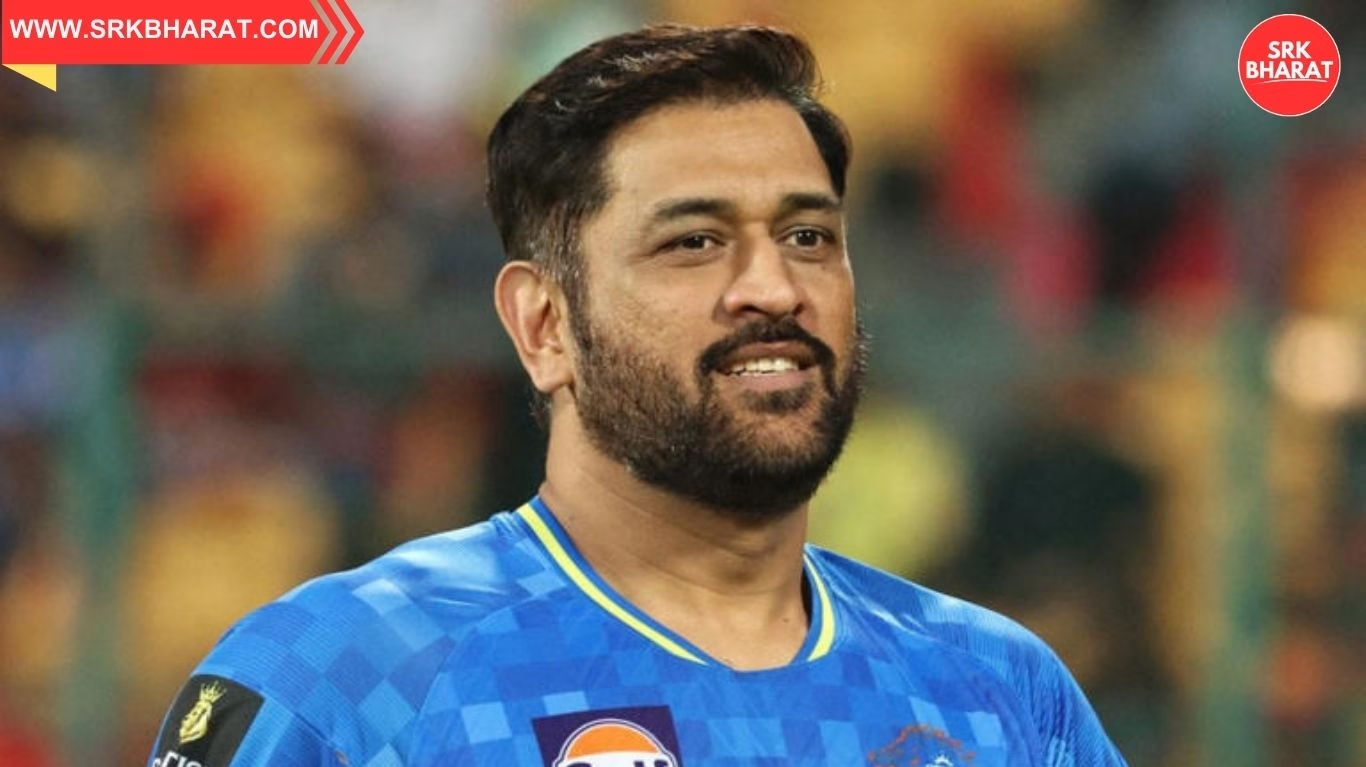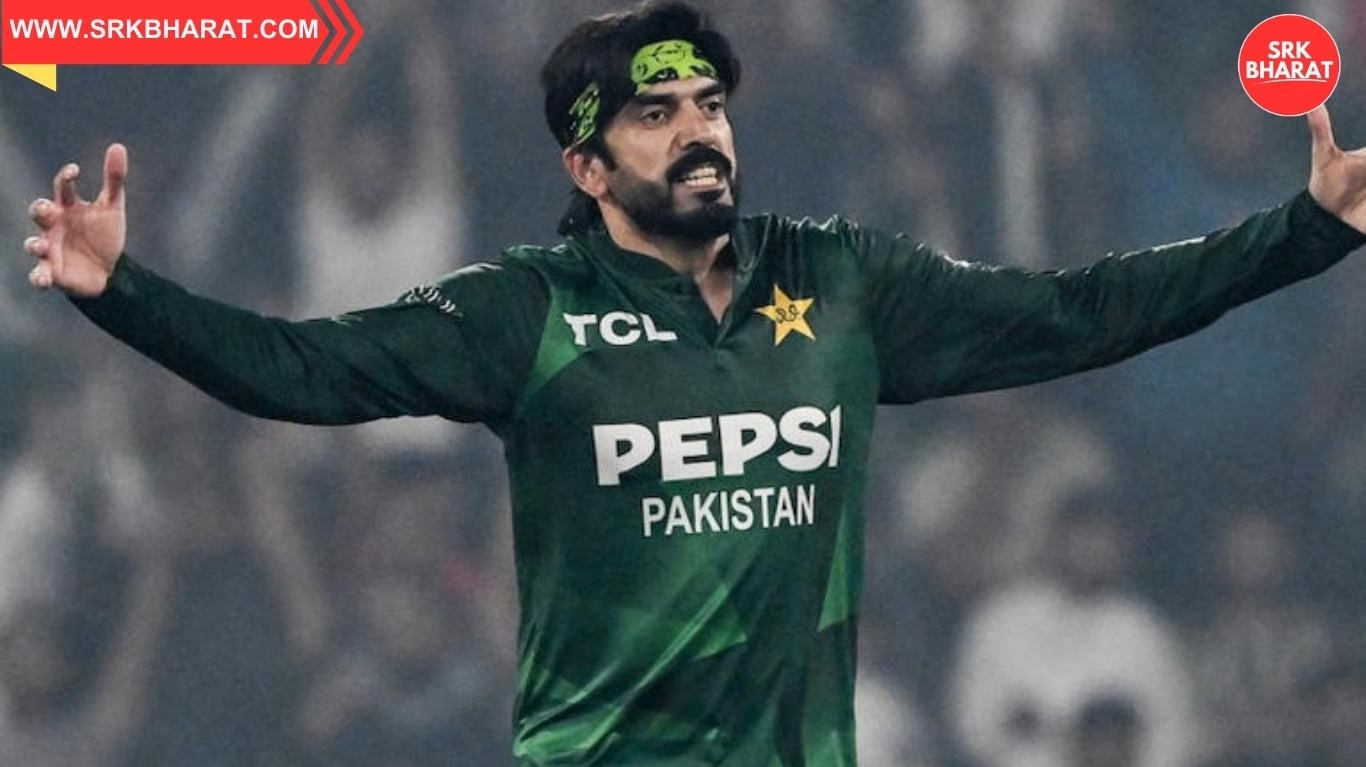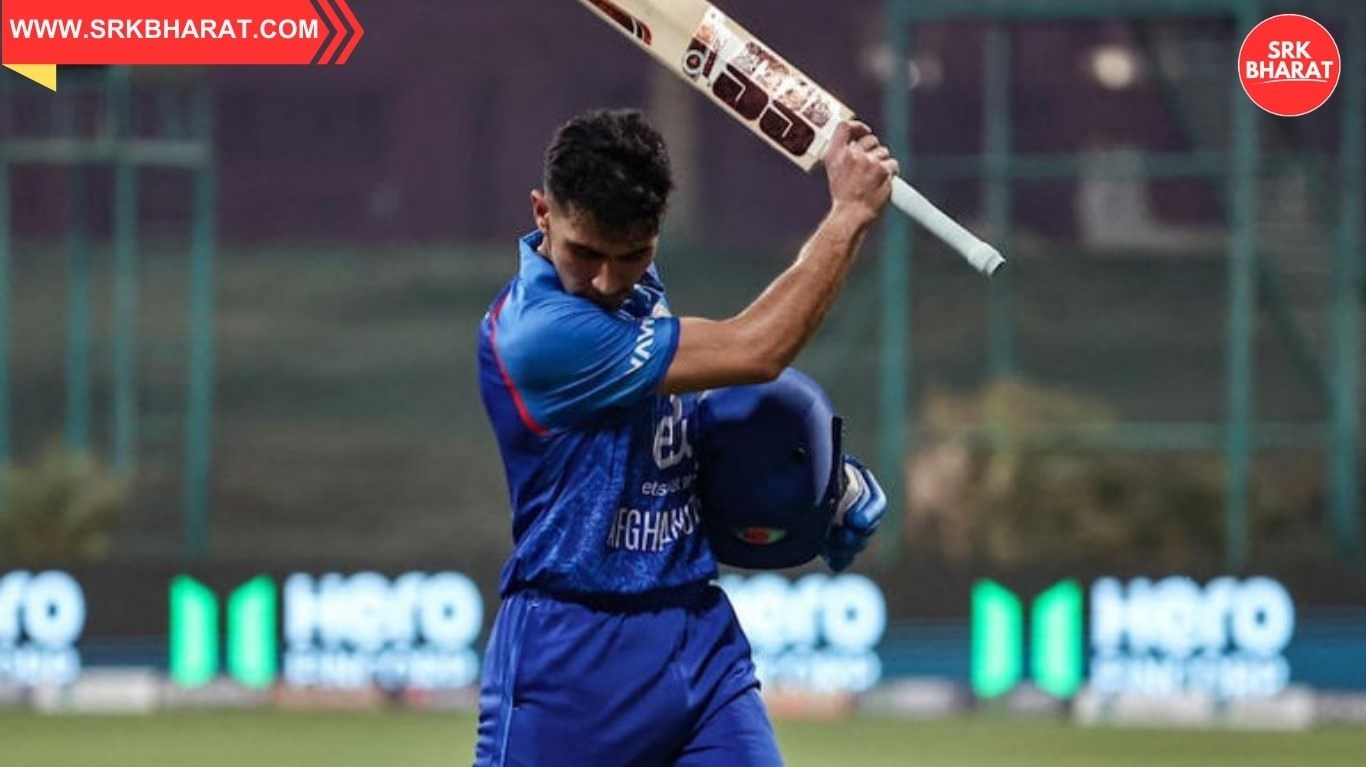In a revelation that has sparked debate across the Indian cricket fraternity, veteran wicketkeeper-batter Dinesh Karthik has taken a subtle yet pointed dig at former India head coach Ravi Shastri, narrating how his Test career ended abruptly without clear communication or closure. Karthik shared the anecdote during an interaction on Cricbuzz, highlighting the harsh realities faced by many players in elite sport.
The Exit Incident: What Karthik Said
Dinesh Karthik recounted that after India’s 2018 Test tour of England, where he featured in two Tests but failed to make an impact with the bat, he was unceremoniously sidelined without any explanation from the team management.
He said:
“I went and asked the batting coach, and he said I was batting well, just unlucky. I went to the head coach (Ravi Shastri) and he said, ‘You’re done’.”
Karthik added with a laugh:
“It was as simple as that. No sugar-coating. Coach just said you’re done.”
The remark, though delivered lightly, underlined the abruptness with which team decisions can be conveyed, leaving little space for emotional or professional closure.
Context: Karthik’s Last Test Series
| Series | Year | Matches Played | Runs Scored | Average | Outcome |
|---|---|---|---|---|---|
| India Tour of England | 2018 | 2 | 21 | 5.25 | Dropped post-Lord’s Test |
Karthik opened in the first two Tests, scoring 0, 20, 1, and 0 before being replaced by Rishabh Pant. India went on to lose the five-match series 4-1 despite Kohli’s batting heroics.
Why His Remark Has Sparked Debate
- Leadership Communication: Karthik’s statement has reignited discussions on how coaches and selectors communicate career-ending decisions to senior players who have served the team for years.
- Shastri’s Direct Style: Ravi Shastri was known for his no-nonsense approach. Some believe such blunt communication maintains clarity; others argue it lacks basic empathy.
- Karthik’s Comeback Journey: Despite being told he was “done” in Tests, Karthik reinvented himself as a T20 finisher, made a comeback for India in 2022, and played the T20 World Cup at age 37.
Fans and Former Players React
| Reaction Type | Summary |
|---|---|
| Sympathy for Karthik | Many fans felt Karthik deserved a better farewell conversation given his years of service and multiple comebacks. |
| Support for Shastri’s Style | Some argued that elite sport demands brutal clarity and such honesty is better than fake encouragement. |
| Leadership Criticism | Ex-players suggested that even harsh decisions can be conveyed with empathy, allowing the player mental space to process career transitions. |
Former India batter Wasim Jaffer commented:
“You can be honest and still humane. That’s what builds lifelong trust with players.”
Ravi Shastri’s Leadership Philosophy
During his tenure as India coach from 2017-2021, Shastri led India to historic series wins in Australia, an unbeaten run at home, and a World Test Championship final. His coaching philosophy was marked by:
- Aggression and Clarity: Backing in-form players without worrying about reputations.
- Direct Feedback: No sugar-coating or extended conversations, with decision-making focused on team goals.
- Player Empowerment: Especially evident in how he backed Virat Kohli’s leadership vision during the transition phase.
However, multiple players have hinted at the emotional toll such an approach could take on individuals nearing the end of their careers.
Dinesh Karthik’s Career: A Timeline
| Year | Milestone |
|---|---|
| 2004 | Test debut vs Australia at Mumbai |
| 2007 | Breakthrough Test opener in England, top-scoring for India |
| 2010-2017 | In and out of India squad despite strong domestic and IPL performances |
| 2018 | Recalled for Test tour of England, played last Test at Lord’s |
| 2019 | Part of World Cup squad as reserve keeper-batter |
| 2022 | Stellar IPL season with RCB, earned India T20 comeback at 37 |
| 2024 | Retired from IPL as RCB player, set to focus on commentary and mentorship |
Karthik’s Take on Handling Exits
In the same conversation, Karthik reflected:
“That’s the beauty of sport – it teaches you resilience. You can’t be bitter. You take it on the chin, work harder, and find your place again in a different way.”
The Broader Conversation: Communication in Indian Cricket
| Issue | Implication |
|---|---|
| Abrupt Endings | Players often remain uncertain about future prospects after being dropped, affecting mental health and career planning. |
| Lack of Structured Feedback | Unlike centralised feedback systems in England or Australia, Indian players often rely on personal rapport with coaches for clarity. |
| Professional Closure | Structured exit conversations help players transition into domestic cricket, coaching, commentary, or mentorship roles with confidence. |
Recent Examples of Sudden Exits
| Player | Exit Context |
|---|---|
| Ambati Rayudu | Dropped from 2019 World Cup squad after being standby; retired abruptly citing selection unfairness. |
| Karun Nair | Dropped post triple-century in Tests without clear communication, despite consistent domestic runs. |
| Manoj Tiwary | Repeatedly ignored despite top domestic form, later revealed no selector explained his exclusion. |
Positive Changes Under New Regimes
Current coach Rahul Dravid is known for a more empathetic approach, often holding individual meetings with dropped players to outline what they need to improve. Many believe such structured feedback builds confidence and future performance pathways.
Karthik’s Legacy Beyond the Dig
Despite the sly dig at Shastri, Karthik has maintained respect for his former coach. His journey embodies:
- Relentless Adaptability: From Test opener to ODI finisher, IPL captain, T20 World Cup squad member, and now lead broadcaster.
- Resilience in Rejection: Transforming setbacks into opportunities by reinventing his game multiple times.
- Mentorship Role: Emerging as a thoughtful voice in Indian cricket analysis, providing young players with practical mental conditioning insights.
Conclusion
Dinesh Karthik’s casual yet poignant remark about Ravi Shastri telling him “You’re done” has spotlighted the importance of empathetic communication in elite sport. While cricket demands clarity and ruthlessness, players’ dignity and psychological well-being remain integral to sustaining a positive team culture and lifelong respect for the sport’s leaders.
Disclaimer: This news content is intended solely for informational and analytical purposes. It does not constitute coaching advice or personal commentary endorsement.











